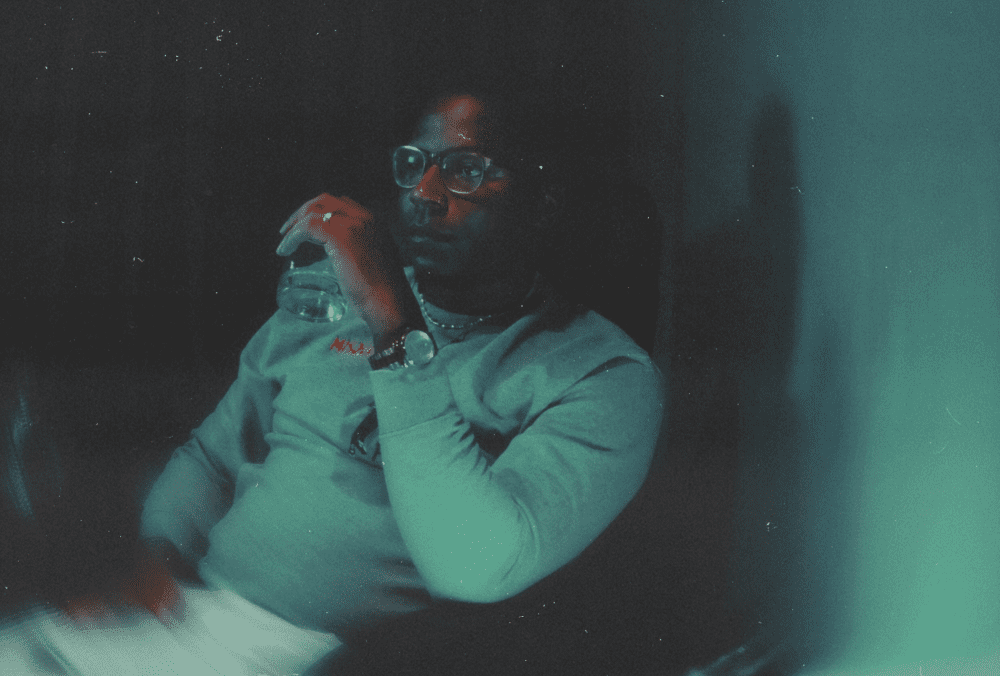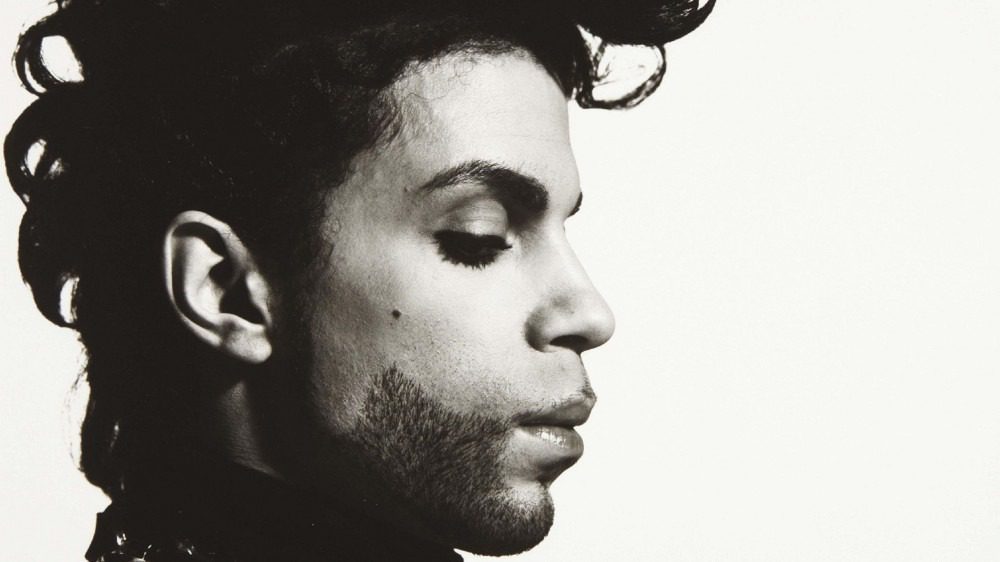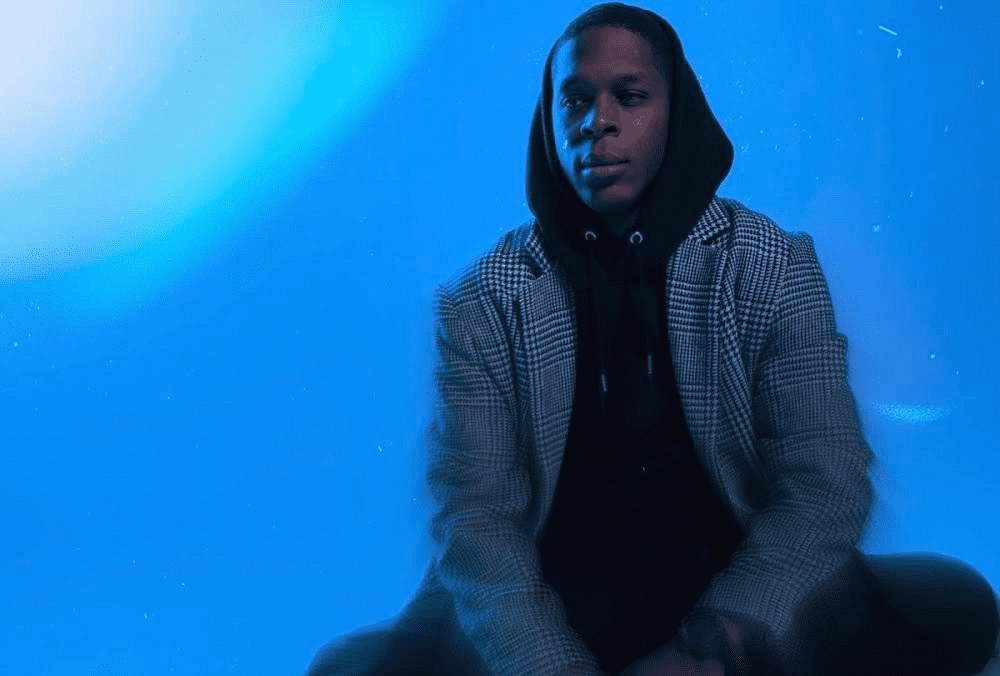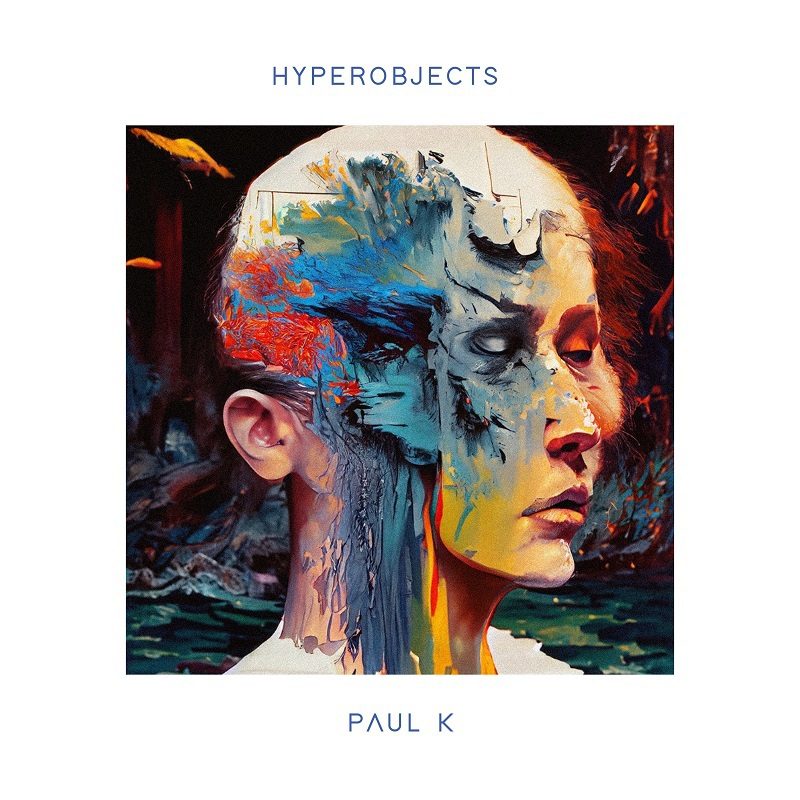Texas native J’Moris is carving a lane rooted in emotional transparency, melodic dexterity, and street-earned wisdom. His latest album, Toxic Lovespell, doesn’t just echo his personal history—it embodies it. Raw but refined, gritty yet smooth, this is Southern hip-hop filtered through the lens of someone who’s lived the trauma, grown from it, and turned it into melody.
Born in Fort Worth and raised in Hillsboro, J’Moris’s music has always reflected the harsh contradictions of his environment. Poverty, addiction, family, ambition—he wears these themes like scars across every verse. But what sets Toxic Lovespell apart is how unflinchingly it dives into the complex territory of emotional aftermath—particularly in love and self-worth.
Musically, Toxic Lovespell exists in a space between genres. Hip-hop is its foundation, but R&B and soul bleed through each track. Supamario Beatz, who helms much of the production, offers the perfect canvas—moody but melodic, hard-hitting but never overpowering. On “Ice Cream,” J’Moris turns flirtation into foreplay over sultry synths. On “SFM” and “Loaded,” he flexes lyrical agility without sacrificing rhythm, showing his Texas roots with every drawled syllable.
His earlier project Country Misfit: Bottom of the Top laid the groundwork for this evolution. That album told us who J’Moris was; Toxic Lovespell shows us who he’s becoming. There’s an unmistakable maturity here. He’s not afraid to admit when he’s broken, but he’s just as willing to celebrate the moments he’s whole. He reflects on toxic relationships not with blame, but with introspection, turning heartbreak into growth, scars into bars.
And while the features are minimal, that’s a strength, not a flaw. J’Moris doesn’t need a guest verse to prop him up. He’s got enough range to carry the album solo—from soulful crooning to tight bars, from emotional breakdowns to club-ready bravado.
What makes J’Moris so compelling is that his music doesn’t feel curated—it feels lived in. Every line is steeped in personal history, whether he’s reminiscing about his brother Crunch introducing him to music, or revisiting the struggles of growing up in neighborhoods teetering on the edge. In interviews, he’s spoken about watching loved ones fall to addiction, about moving to escape only to find the same demons waiting for him. That pain becomes power here.




